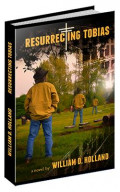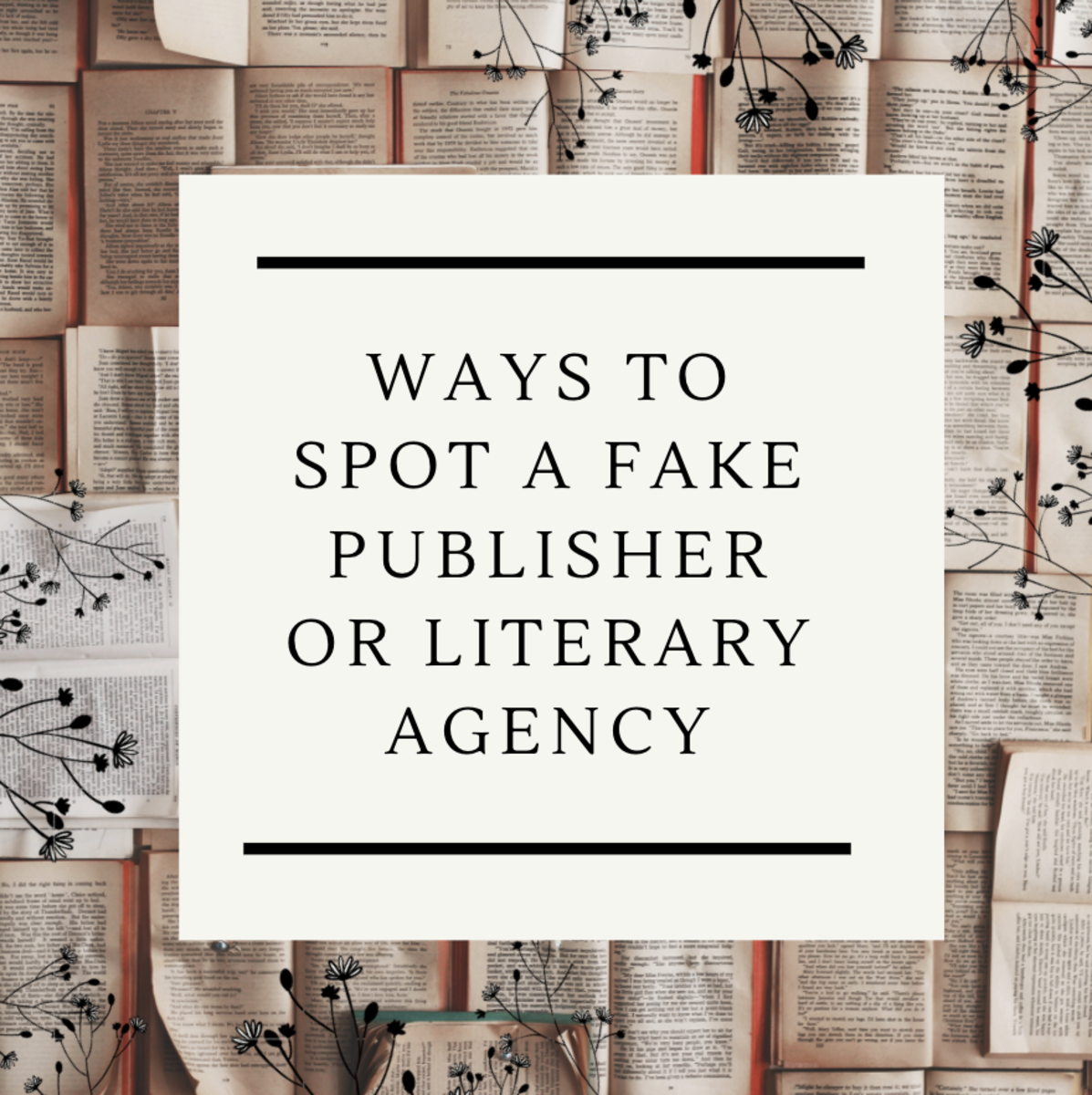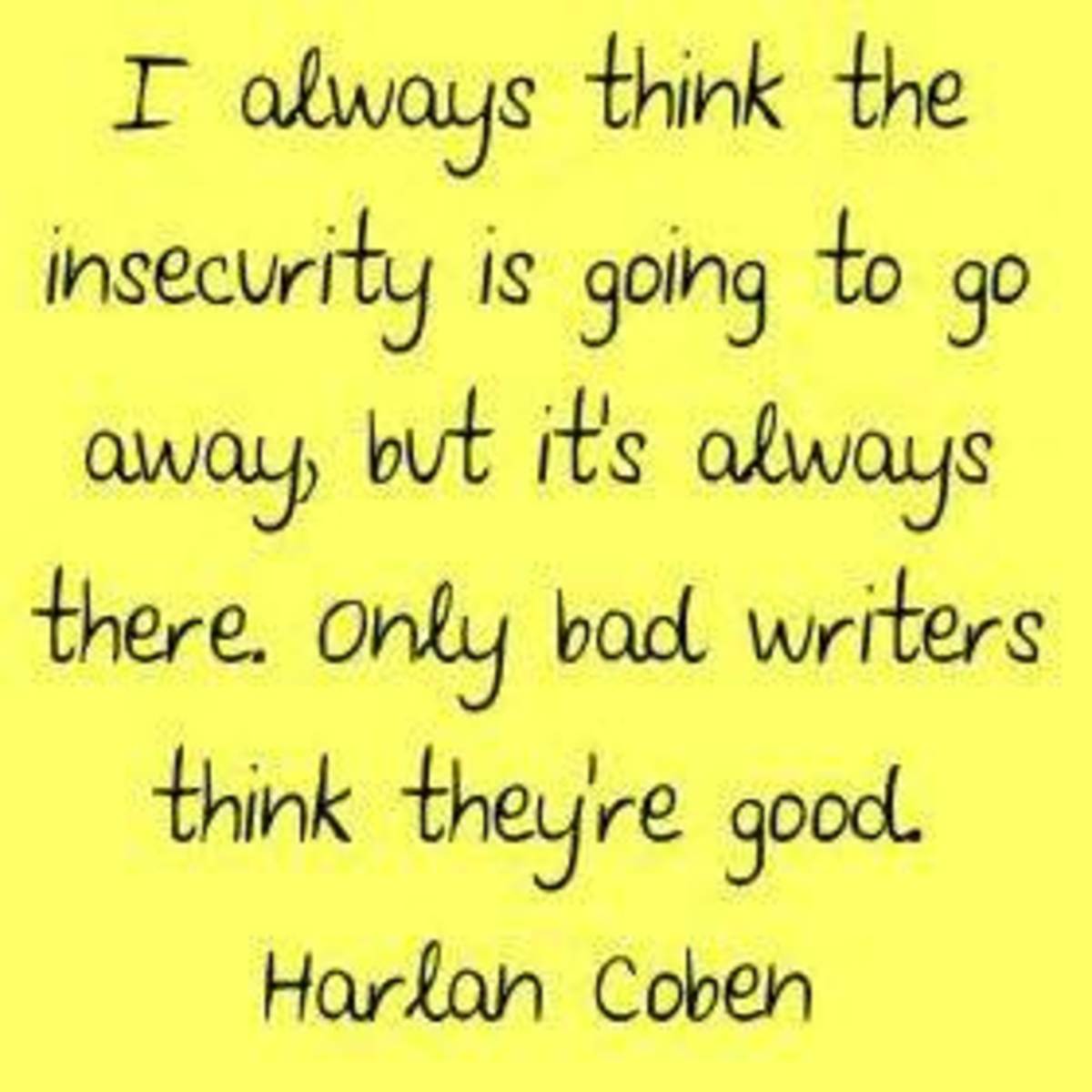- HubPages»
- Books, Literature, and Writing»
- How to Write»
- How to Get Published
Writing and Publishing Poetry Books
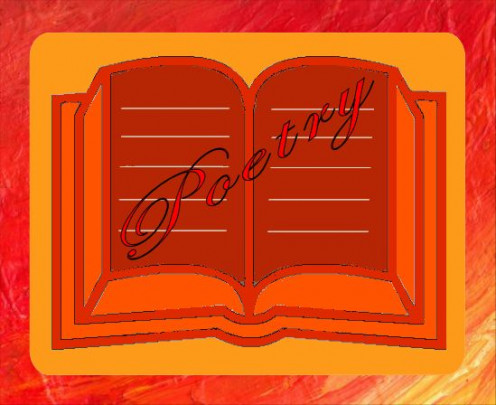
There are two ways to write a poetry book...
There are two ways to write a poetry book. One is to simply gather all the poetry that you have written over the years and place them into a single Microsoft Word document. Another way to write a poetry book is to first come up with a concept for the book and then write new poetry for the book that relates to this concept. You can also include previously written poetry in the book as well, so long as it relates to the concept of the book.
So, which route should you go? Should you just collect all your poetry that's been sitting there for years into one book? Or should you come up with a specific concept for the book and then write new poetry for it and maybe include previously written poetry that fits the concept?
Ultimately the choice is entire yours, as you are the author of the book, however, I think it is more interesting and fun to come up with a specific concept for a book and write new poetry for it rather than just jumble everything together in one book that you've previously written, even if you do break it up in sections. This will give you the potential to create and ultimately publish more books rather than just one. And the books will focus on a certain topic rather than on all topics mixed together, which will bring you a more targeted audience.
Of course you can still gather all your previously written poetry into a single book and come up with an interesting concept for it that will actually work. I have done just that for one of my books A Crimson Tide, though I came up with that concept long before I actually decided to gather my already written poetry into a book.
Writing Poetry Books...
When I decided to write and publish poetry books I have gone both routes - both by organizing previously written poetry into a single book, and also by first creating a concept for a poetry book and then writing poetry that fits that concept. As I've previously mentioned I also came up with a concept for a poetry book that simply featured all my previously written poetry that was organized into sections.
My Poetry Book - Pieces of Me
For my first book Pieces of Me I simply collected all the poetry I had written in the past and organized it into different sections, each holding poetry of a similar theme. For example, the book has a section of poetry on nature, another section of poetry that focuses on love/romance, relationships, and heartbreak, and so on. This makes the book more organized and easier to read. If a reader wants to enjoy some love poetry he/she can just skip right to the section that features that poetry rather than browse through the entire book trying to find poetry that's related to love and such.
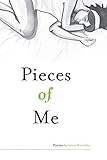
My Poetry Book - A Crimson Tide
For my latest book A Crimson Tide I collected my previously written poems and organized them into sections, but I actually came up with a concept for this book, relating our lives to the tide and a forever changing of colors, which I think is creative. Each section in the book is related to a color or colors. For example, a section in the book that deals with death is called The Black Veil, a section on love/heartbreak and such is called Red Strokes of Love. One section in the book, the nature poetry section called Nature's Beautiful Palate, I related to more than one color, since nature is a rainbow of colors and so it's hard to really pick just one color for it.
My Book - Diary of a Crush
For my book Diary of a Crush I actually wanted to have a book that just featured writing on love, romance, heartbreak and relationships. Most of the poetry was written specifically for this book though I did include some previously written poems for the book as well that fit this topic. Since I also had lyrics on this topic, along with romantic fantasies that I had already written and that fit well with the concept of the book, I decided to include them in the book as well. So, instead of the book being on many different topics, it has a unified theme and features different styles/forms of writing rather than just solely poetry.
When publishing your poetry book self-publishing is the way to go!
No matter which route you decide to take when writing your poetry book, once you've written it, which really involves putting together a manuscript using a Microsoft Word document or some other word processing software, your next step is to publish it either in electronic format or in an actual perfect bound book.
When it comes to publishing books, especially perfect bound books, self-publishing is really the best option, the best way to go! Traditional publishers - no matter if they are big or small - do not want to publish poetry books because simply put they will not generate a lot of money and that is what they are really after when they decide to publish a book. If they see that a book is not/will not be a money maker for them they will reject it right off the bet. And with poetry books that is the case. The only way they will actually publish your poetry book is if your work has earned you a Pulitzer Prize or some other highly recognized award, or if you are a popular celebrity or a highly successful activist.
You have a better shot of getting your poetry book published with publishers that call themselves "vanity press", POD (Print on Demand) publishers, or other such names. But in order for your book to actually be published with them you will be asked to empty your wallets, often times handing over thousands of dollars just to see your poetry book published, which is ridiculous. You shouldn't have to pay someone to publish your book. They should be paying you for allowing them to publish your book. At the very least it should not cost you a dime.
So before you hand over your book to these so-called "vanity press" or POD publishers carefully research them to make sure they don't require you to empty your wallet and don't require you to hand over the rights of the book to them. If they do then stay away from them and find another publisher. It is not worth it!
When it came time for me to publish my first (poetry) book I researched many different publishers, regardless of what they referred themselves as, and found out that all of them required me to empty my wallet, which was something I couldn't afford, nor wanted to do. Then I was introduced to Lulu, where I can publish my book for free, which is the way it should be, get a free ISBN for my book and distribute my book to Amazon, Barnes and Noble, etc. without paying a penny. It's affordable, the book quality is great too, and I keep the rights to the book. The only money I had to spend was for ordering a proof copy of my book, which is required before approving it for distribution. Lulu doesn't provide a free copy but that is okay. I would have ordered a copy for myself anyway, which I did, and the price I paid for it was the manufacturing price, not the retail price so I saved money.
Having published my first (poetry) book Pieces of Me with Lulu and being satisfied with the quality of the book I have used Lulu to publish all my other books and would definitely recommend it to others, especially to those that want to publish poetry books. You don't have to empty your wallet and best of all you set your own price and earn 80% per book sale when your book is bought on Lulu, which is fantastic. Yeah, you get less than that when your book is bought on Amazon but it is still not a bad amount. And you can even discount your book on Lulu if you want and change the discount amount at any time, which is great for book promotion. In addition, Lulu offers promotional offers for books sold on their website, which along with the discounts you set for your book will help you attract more potential buyers.
I am not sure if Lulu is classified as self-publishing or not but it seems to be the best option for publishing poetry books (and other types of books as well). At least, from my experience it seems the best way to go!
Of course there may be other publishers, who will publish your poetry book, that allow you to keep the rights to the book and don't require you to write a big check to them, but so far I have not come across any aside from Lulu.
Should you say your book is self-published?
Once you've written and published your poetry book it is time to promote it. Since the best way to publish poetry books is to self-publish and many people are aware of that, saying you have self-published your book when promoting it seems like the right thing to do, but it may not be so.
When you tell readers your book has been self-published most will automatically assume it was self-published because it was rejected by traditional publishers and is therefore of poor quality or has bad content and is therefore not worth the read or the spending of money. Those people will not even look at your book when you tell them that it's self-published. So while there is nothing to be ashamed of that you self-published your poetry book it is best not to mention it to your potential readers/buyers because no matter how awesome it is they won't even look at it, and that is something that you don't want to happen.
Of course by looking at the publisher's name or logo on the spine of the book or inside the copyright page readers may be able to know if the book was self-published or not, but chances are unless these readers are authors themselves with published books, they won't know the difference.
How many poetry books have you written and published?
- Tips on Publishing Books
You have written a book, now what? Get useful tips on ways to publish and market/promote your book... - Promoting Your Books & Writing on AuthorsDen
One way to promote books and writing online is via authorsden.com - Creating a Website for Your Published Books
Before you start promoting your published books be sure to have a website up and running. Learn useful tips on where to create your website and what content to have on it before you create it. Info right here...
© 2013 Lena Kovadlo




